Chan Lim Lab train PhD students in research
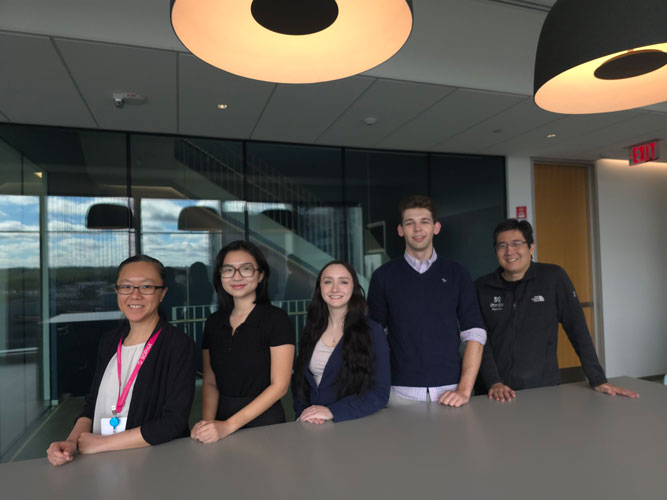
Rigel Chan, PhD, assistant professor of neurology, and Elaine Lim, PhD, assistant professor of medicine, partner their research interests. Drs. Chan and Lim, both earned their PhDs in Genetics and Genomics at Boston Children's Hospital and Mass General Brigham, in Boston Massachusetts, and conducted their post-doctoral training with Drs. George Church and Chris Walsh at Harvard Medical School.
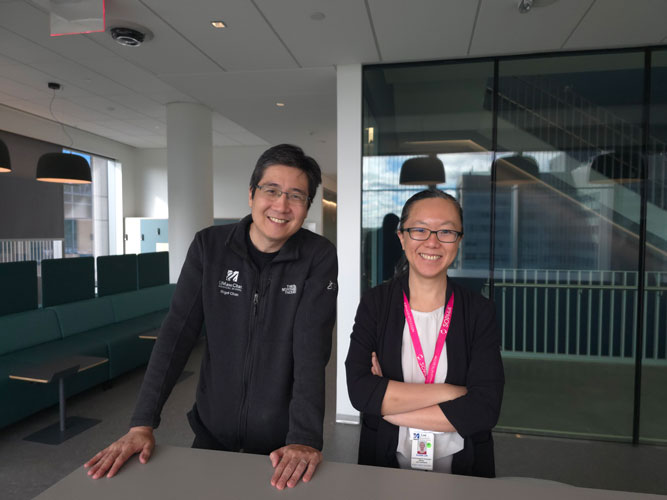 Dr. Chan focuses his research on understanding how genetics influence human traits and diseases, such as, how our diverse genetic profile which is a result of evolution as a species, contributes to how we are different, and why some of us are more resilient or susceptible to some diseases, as well as the biological mechanisms behind that difference and whether that knowledge can be employed to aid the discovery of novel therapeutics.
Dr. Chan focuses his research on understanding how genetics influence human traits and diseases, such as, how our diverse genetic profile which is a result of evolution as a species, contributes to how we are different, and why some of us are more resilient or susceptible to some diseases, as well as the biological mechanisms behind that difference and whether that knowledge can be employed to aid the discovery of novel therapeutics.
Dr. Lim is interested in understanding the molecular mechanisms behind common neurodegenerative and neuropsychiatric diseases such as Alzheimer’s disease (AD) and autism spectrum disorders (ASD), through the use of genetics. Her research using human stem cells helps to complement findings from ongoing work using animal models and human postmortem brain samples, to contribute to biomarker/target discoveries and delivery development for AD and other neurodegenerative diseases.
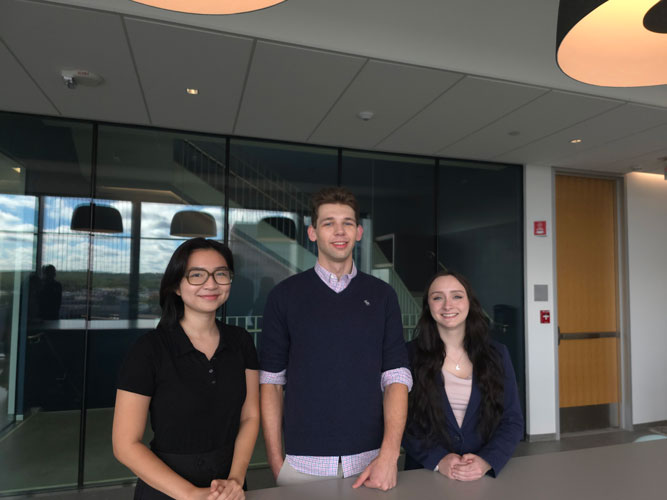
In September 2024 three lab members in Chan Lim Lab, passed their qualifying exam in the Morningside Graduate School of Biomedical Sciences: Khanh Tran (Biochemistry & Molecular Biotechnology) and Adrian Orszulak (Immunology and Microbiology), Samantha (Sam) Chigas (Neuroscience). Their intellectual and scientific contributions to the research conducted in the Chan Lim Lab are important to the furthering of our understanding of the interactions between genetics, environmental exposures and neuroinflammation in neurodegenerative diseases such as AD, and using high-throughput, multiplexed screens to identify therapeutic targets.
Khanh, Adrian and Sam work with Rigel and Elaine, as well as Fiachra Humphries, PhD, assistant professor of medicine, Megan Orzalli, PhD, assistant professor of medicine, and Benjamin Readhead, MBBS, research associate professor at the Arizona State University, to study the effects of virus-induced neuroinflammatory processes with donor genetics in AD.
Another recent active area of research involves evaluating the interactions between environmental toxicant exposures (such as heavy metals, specifically cadmium) and AD-associated genetics. This research provides them with the opportunity to develop human in-vitro systems to evaluate the effects of environmental factors on AD and other neurodegenerative diseases.
The ChanLim lab trainees collaborate with other UMass Chan researchers studying Type 1 diabetes, innate immunology, neurobiology, as well as memory, cognitive, and other neurodegenerative disorders such as multiple sclerosis, AD, and related dementias.
Drs. Chan and Lim are committed to training the next generation of scientists and grad students.
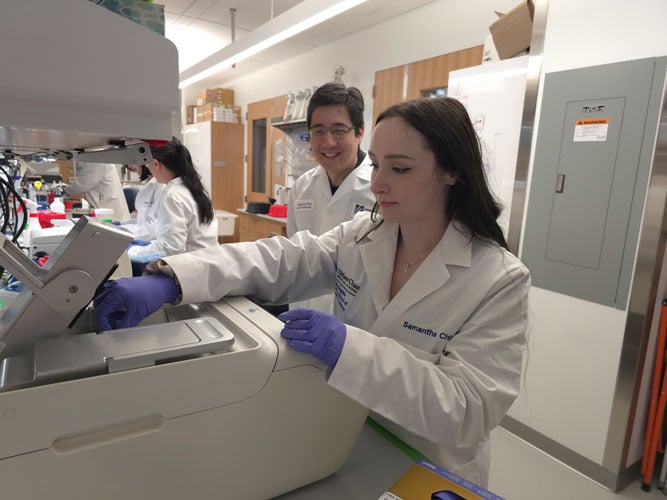
“I am a third year graduate student in the Lim and Chan labs and am part of the neuroscience program. My project is focused on investigating how HSV-1 infection induces cell type-specific Alzheimer's disease phenotypes in the CNS.” - Samantha Chigas
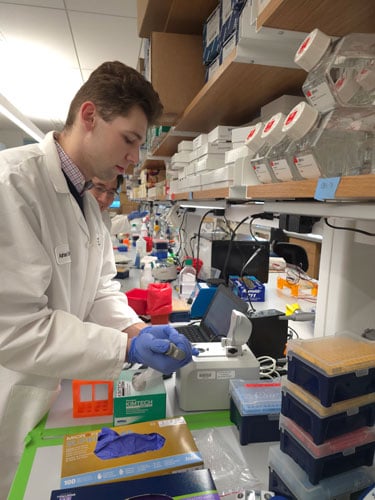
“I am a third-year graduate, IMP student in Dr. Elaine Lim and Dr. Rigel Chan's lab. I am actively investigating how HSV-1 infection causes AD-like pathology in whole and dissociated cerebral organoids.” - Adrian Orszulak
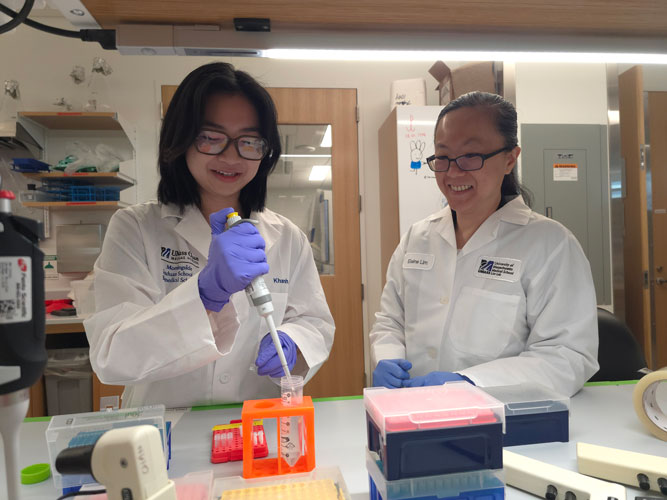
"I am a third-year graduate student in the Lim/Chan lab within the BMB program. My research focuses on the toxicology of environmental factors, particularly cadmium, and its impact on Alzheimer's Disease pathology using a cerebral organoid model. I am also interested in employing single-cell long-read sequencing to explore the transcriptomic effects of cadmium on AD pathology." - Khanh Tran